The Kidney Diet
- Category: Healthy Living
- Posted On:
.jpg)
Half a million people visit the ER every year with kidney stone related complications
Most people associate the word diet with weight loss and fitness, or maybe in some cases precautions for a healthy heart. However, an often-overlooked dietary adjustment for most Americans is to facilitate the optimal function of two very important organs: the kidneys! You would be hard pressed to overstate the importance of optimal kidney function to any of the half a million people each year who go to an ER with kidney stone related complications.
Sadly, it’s quite easy to create a sub-optimal environment for your little bean shaped organs
Foods to Avoid/Limit
HIGH OXALATE CONTENT FOODS AND BEVERAGES
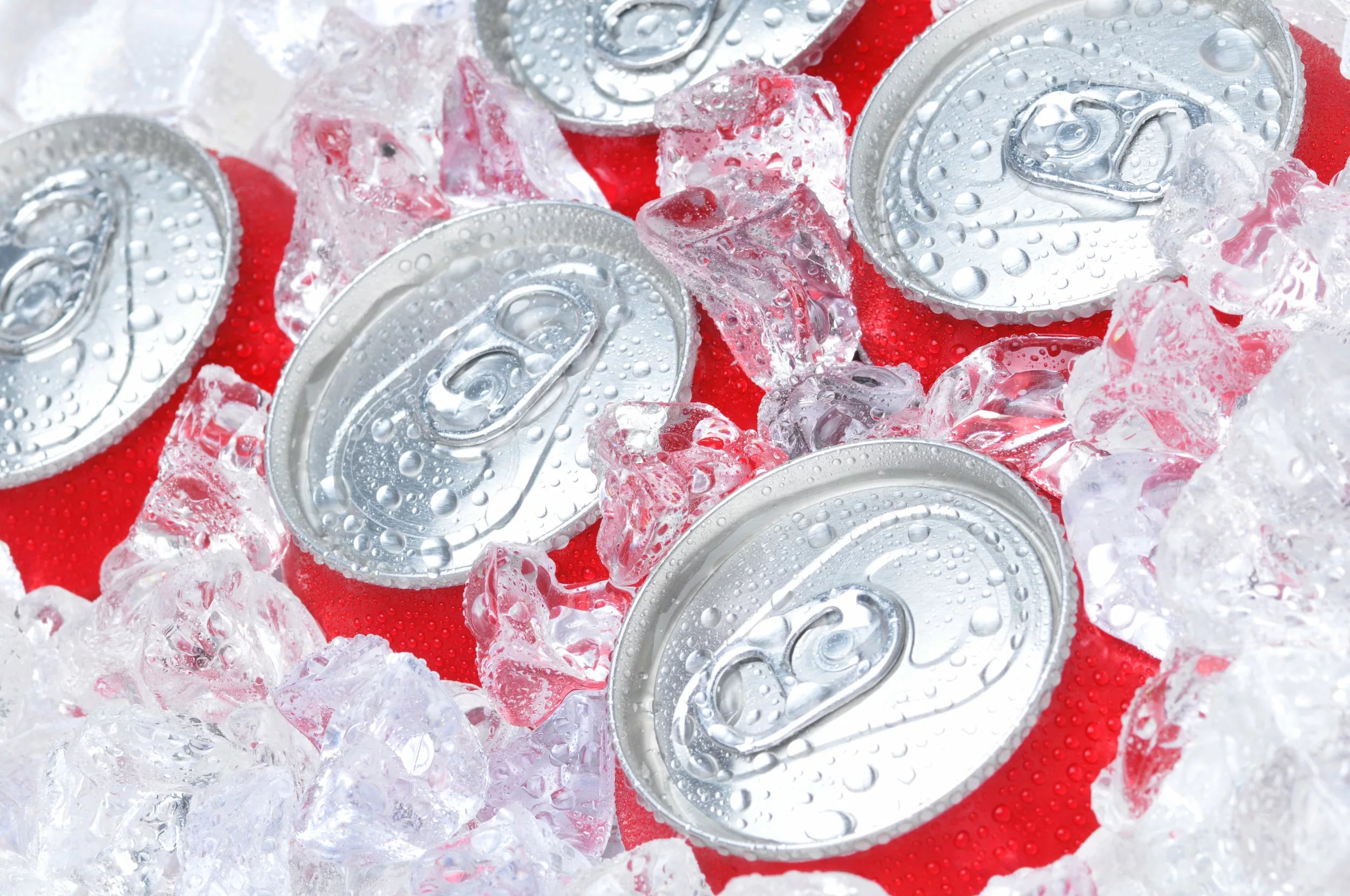
The most common form of kidney stone is calcium oxalate. Coffee, chocolate, black tea, sodas, and many energy drinks are all sources of oxalate. Some might consider these the only thing keeping them afloat and semi-presentable on some days, but their consumption should be limited when possible.
HIGH PURINE FOODS
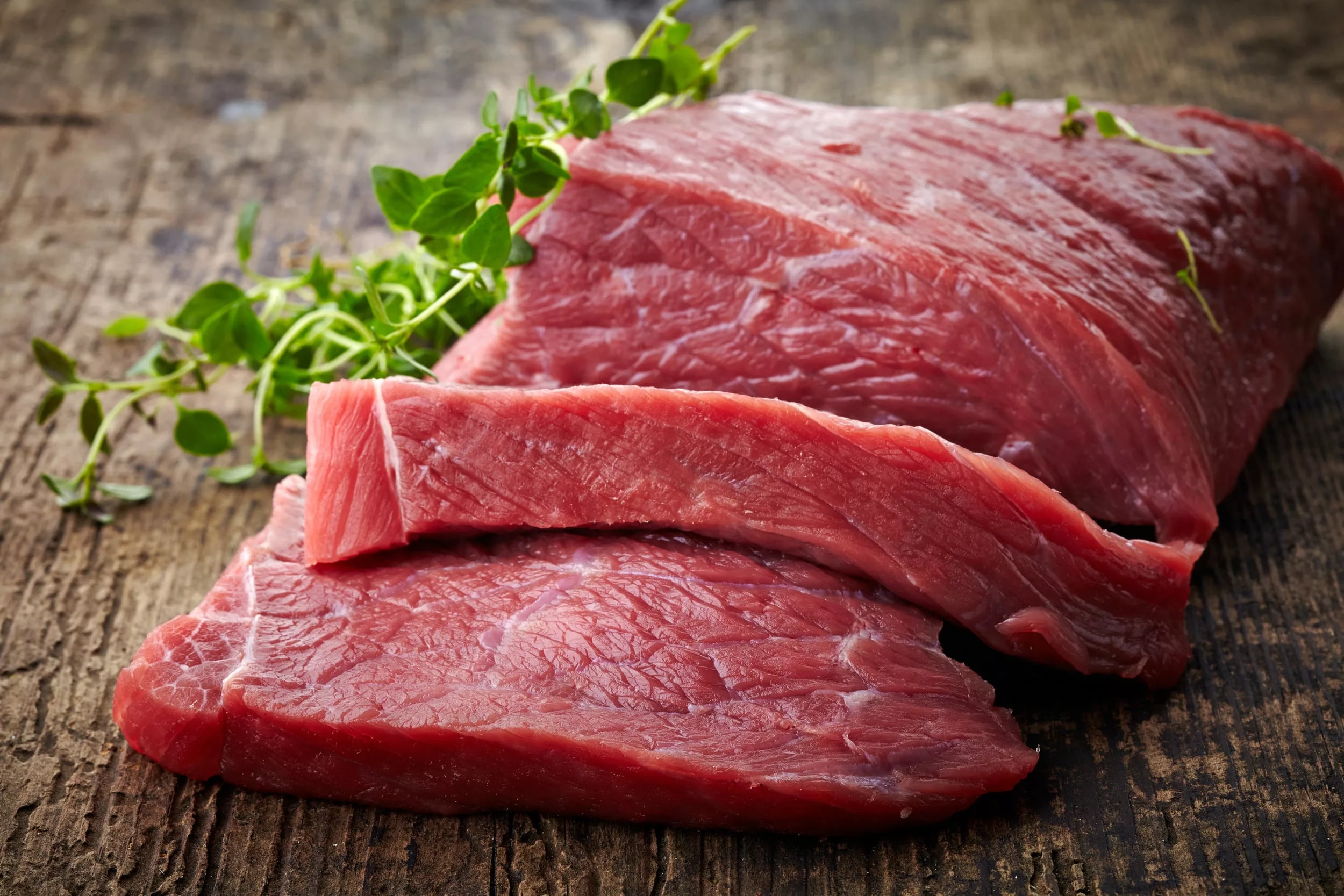
The breakdown of purines can lead to another type of kidney stone called uric acid stones. Animal proteins, especially red meats with saturated fats, are usually the foods highest in purines that we eat. Yet, even leaner meats such as poultry and certain seafoods have a moderate amount.
DIURETICS
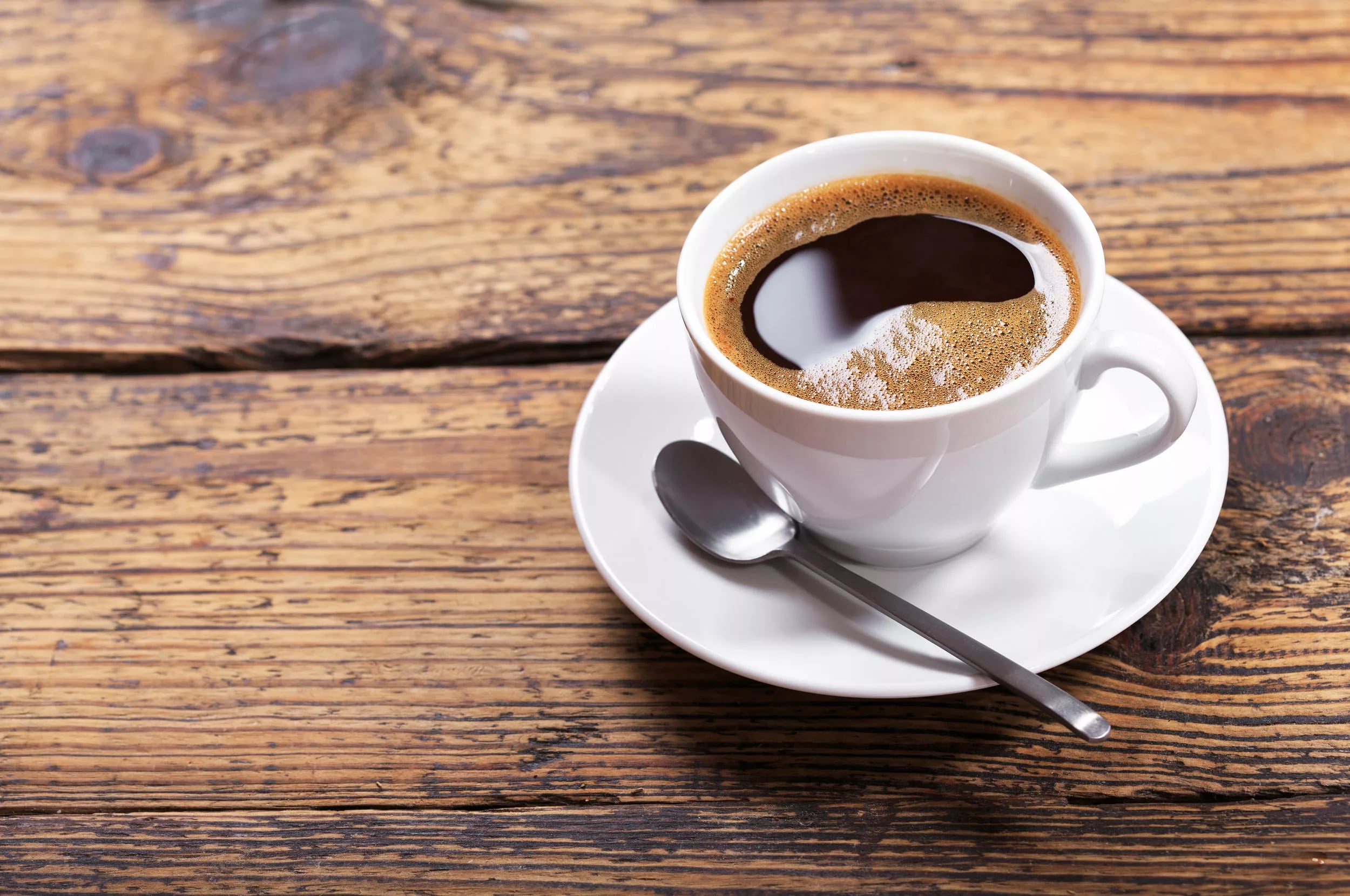
...or anything that triggers your body to release water. This primarily includes caffeinated beverages like coffee and energy drinks (again). This would also include alcoholic beverages.
SODIUM
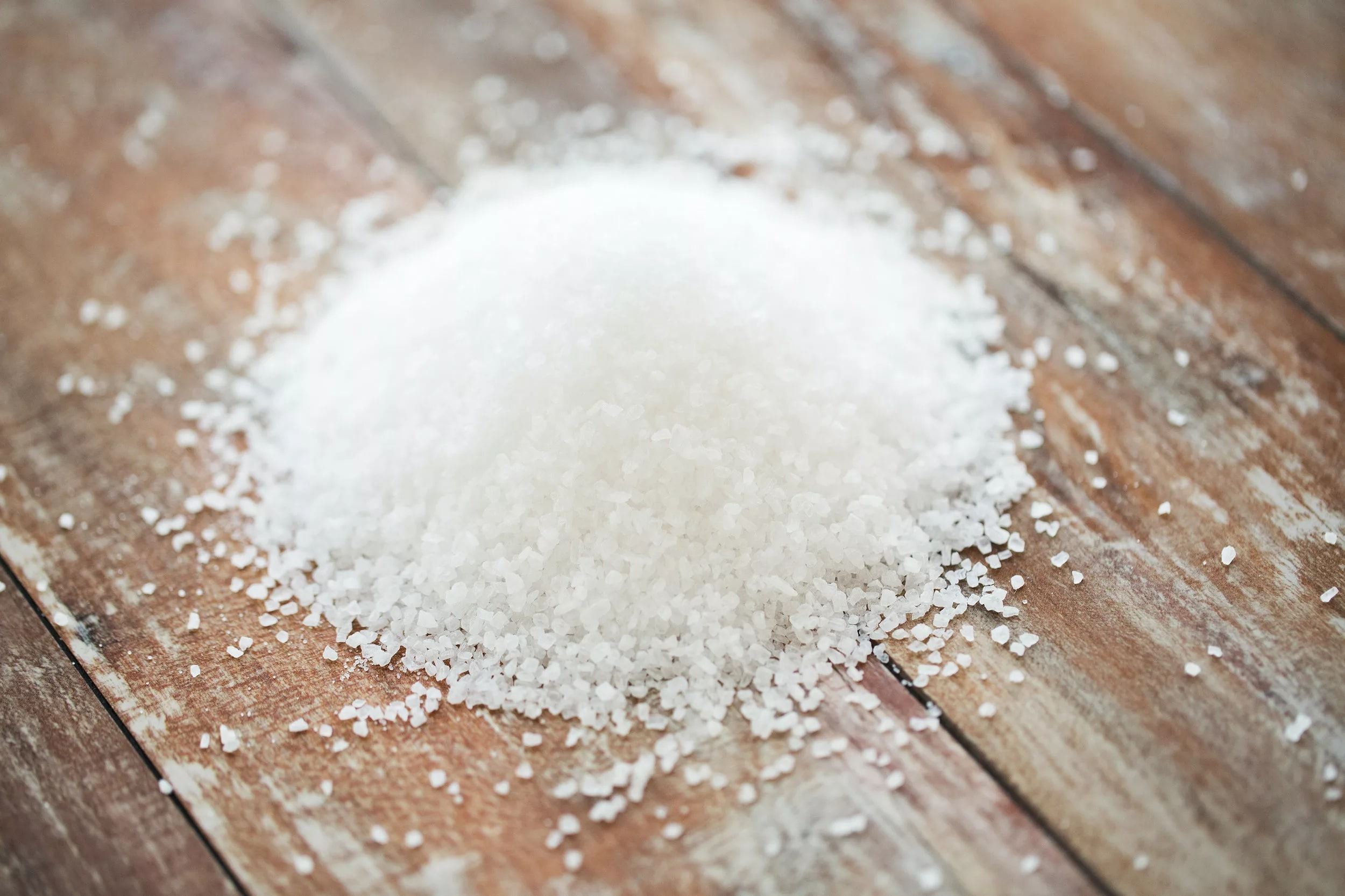
Elevated sodium intake can increase the amount of calcium in your urine, so especially watch out for processed foods that rely on sodium as a preservative. Don’t fret, over time your taste will acclimate to a lower sodium level.]
OTHERS
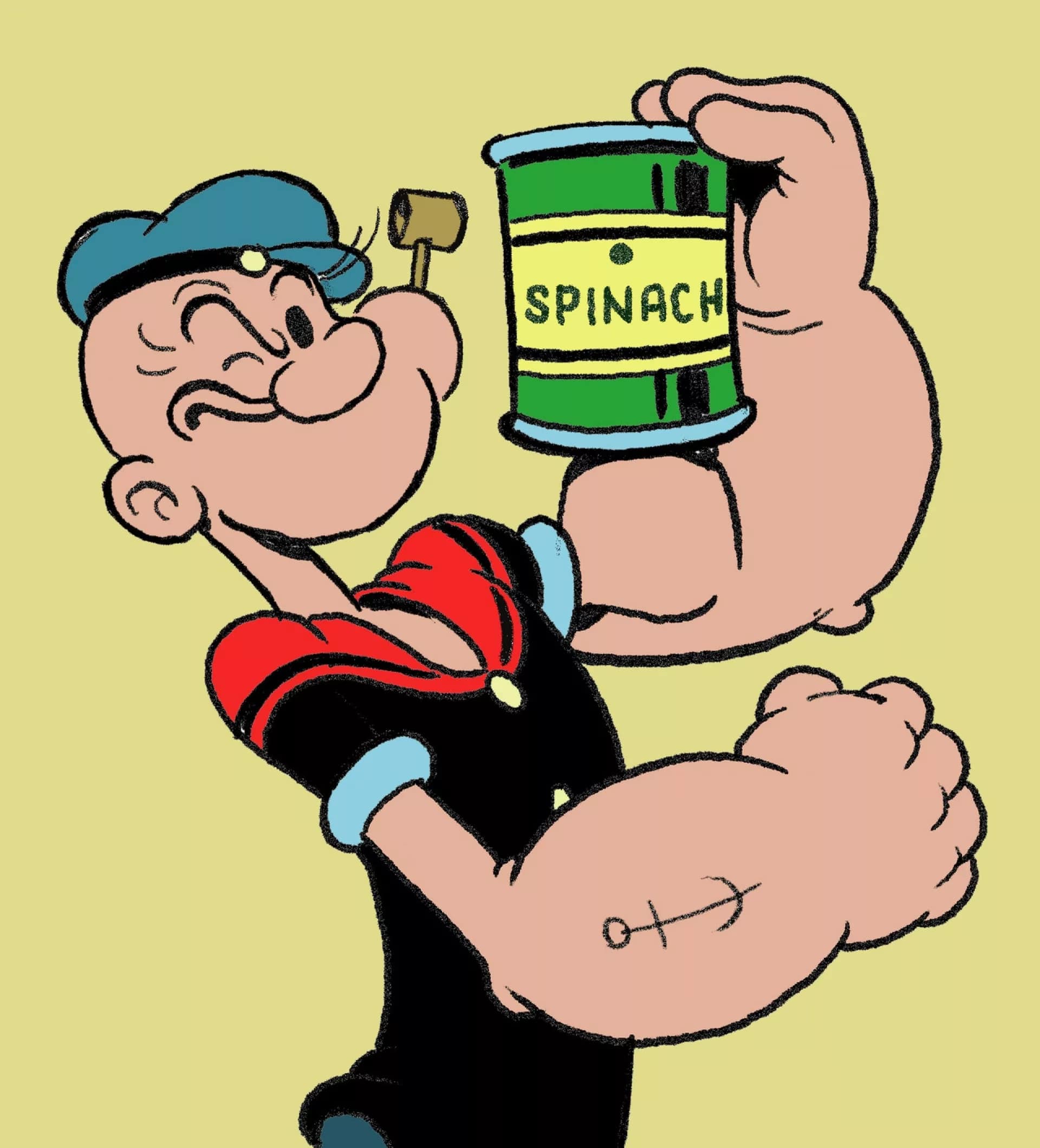
Spinach, rhubarb, almonds, and raspberries, which are functional foods often found in a healthy diet, are sadly high in oxalates. You might consider limiting their intake if you are especially sensitive. However, it might be sufficient to combine their intake with low-fat dairy and consuming enough water to be able to keep the beneficial aspects of those foods.
The good news is that most of the detrimental effects of the above can be combated against by consuming enough water and dietary calcium. Adequate water intake, usually 8-16 glasses a day, dilutes the stones and calcium intake from low fat sources is thought to increase the chance of binding the oxalates within the stomach before reaching the kidneys.
